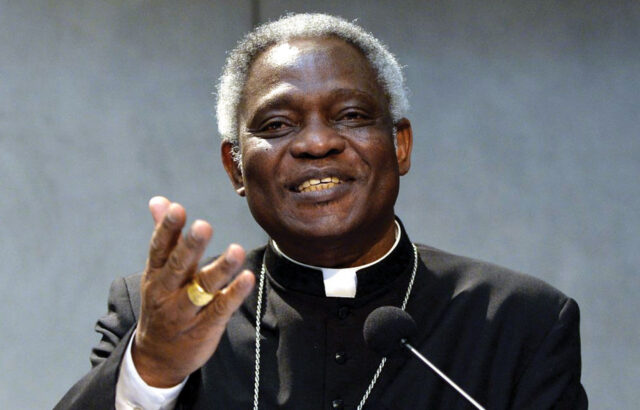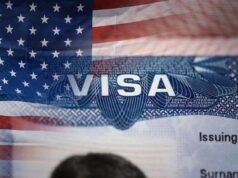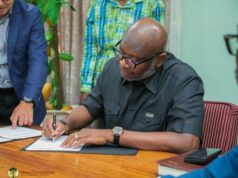His Eminence Cardinal Peter Kodwo Appiah Turkson, Chancellor of the Pontifical Academy of Sciences and Social Sciences at the Vatican, has called on clergy and prophets in Ghana to exercise spiritual responsibility by praying and interceding before making public any prophecy — particularly those that foretell disaster or involve matters of national importance.
Cardinal Turkson’s remarks come in the wake of a new directive issued by Elvis Afriyie Ankrah, the Presidential Envoy for the Interfaith and Ecumenical Relations Office, which requires that all prophecies or spiritual revelations relating to high-profile political figures, national security, or public order be submitted for urgent official assessment before being made public.
The directive, dated Sunday, August 10, follows a surge of viral social media content involving unverified prophecies linked to the tragic August 6 military helicopter crash that claimed eight lives, including two cabinet ministers.
Speaking at a press event ahead of the August 22 inauguration of the John Kofi Turkson Memorial Institute in the Central Region — named after his late brother who died in the 2000 Kenya Airways crash — Cardinal Turkson emphasized the moral and spiritual obligation of religious leaders to act with discernment and humility.
“If a prophecy reveals the possibility of disaster, your first act should be to intercede with God before announcing it,” he said. “When God shared with Abraham His intent to destroy Sodom and Gomorrah, Abraham pleaded for mercy. Likewise, if God shares such knowledge with you, pray first and ask for His intervention.”
Cardinal Turkson cautioned against the use of prophecies as a means to gain attention or assert spiritual dominance, urging clergy to avoid the temptation of exploiting spiritual gifts for influence or fear-mongering.
“It is interesting when people advise others to listen only to credible prophets, but who defines credibility, and by what criteria? These are questions that need answers,” he noted. “Wherever prophecies occur and God makes His knowledge known to you, consider the content carefully. If it requires intervention, please do that before communicating it to anyone.”
His comments echo growing national concerns about the misuse of spiritual platforms to comment on political or national events without accountability. The new policy from the Office of Interfaith and Ecumenical Relations signals a broader attempt by the government to strike a balance between freedom of religion and the need for public stability.








